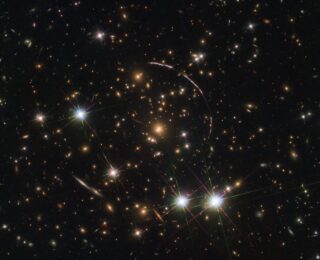
The photocopied “sunburst” from the early Universe
Find out how astronomers have used the brightest known (to date) gravitationally lensed galaxy to learn about the early Universe.

Find out how astronomers have used the brightest known (to date) gravitationally lensed galaxy to learn about the early Universe.
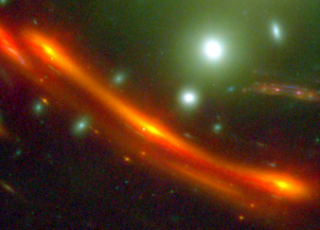
The Hubble Tension is one of the great mysteries of modern cosmology…can today’s paper help us solve it?
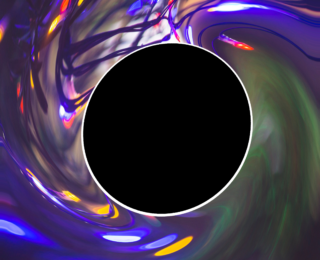
Are your fairy lights being warped by a black hole this holiday season? Find out in today’s post!
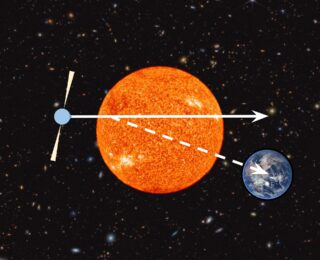
What if we could use continuous gravitational waves from far away pulsars to learn about the inside of our very own sun? The authors of today’s paper explore what it would take to make this far-out idea a reality.
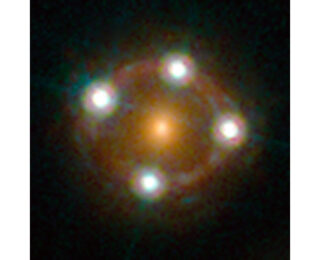
We move through the universe relative to the Cosmic Microwave Background. Could our movement cause our measurements of the Hubble constant to be biased?
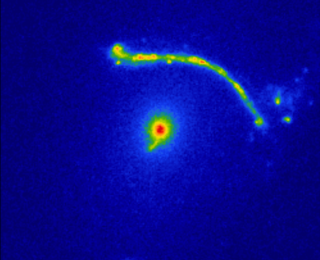
Measuring the mass of black holes in the centers of far away galaxies can be tricky, but today’s paper demonstrates the viability of a new method in this field: gravitational lensing!